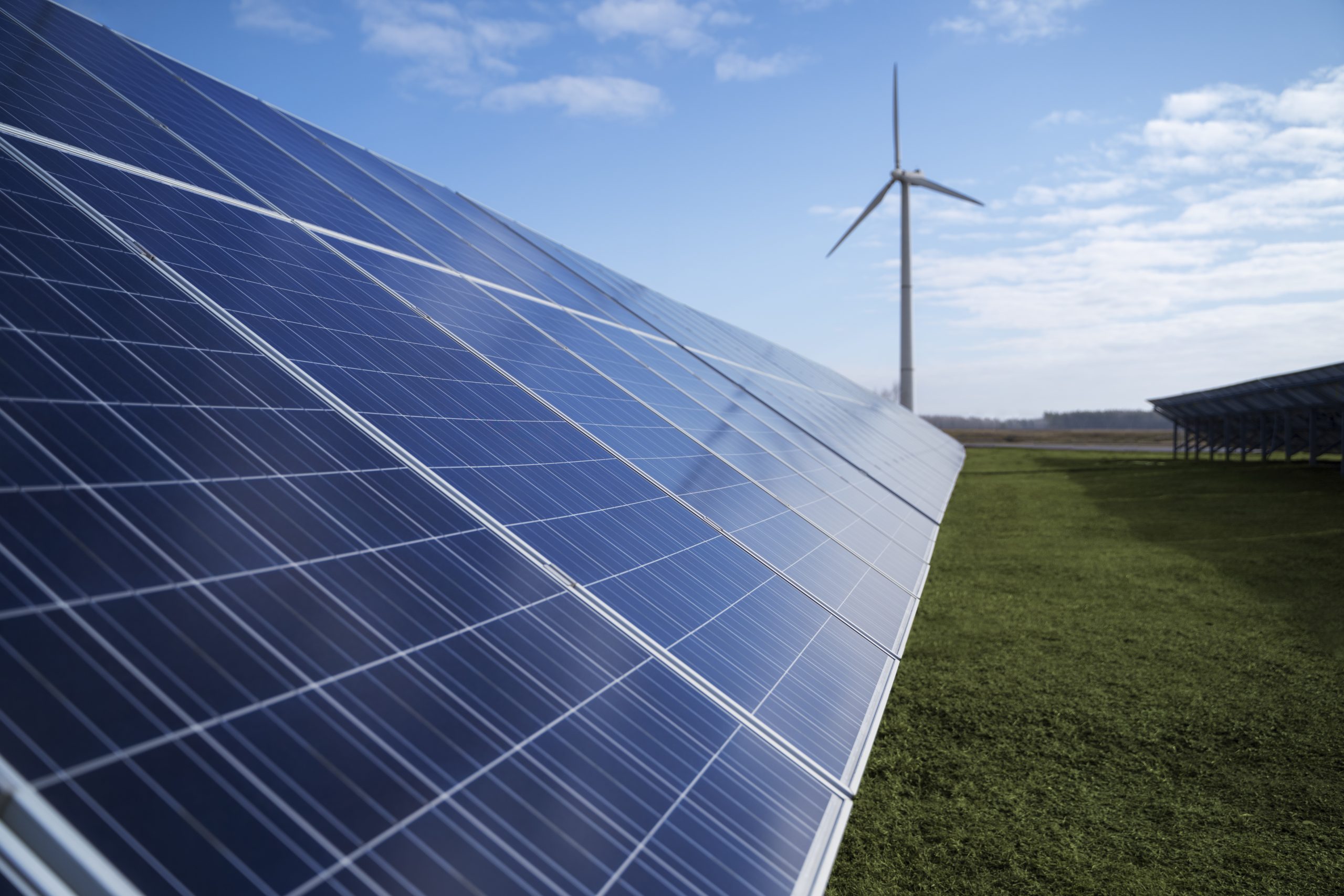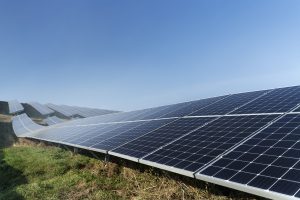
Solar Energy Pros and Cons
- FazipaySolar
- September 14, 2023
- No Comment
- 20
Solar energy has emerged as a potential and long-term source of energy in recent years. Its global acceptance has soared as individuals, corporations, and governments seek cleaner alternatives to fossil fuels. However, like any technology, solar energy has its advantages and disadvantages. In this blog post, we will talk about solar energy pros and cons, helping you make an informed decision about whether utilizing the power of the sun is the right choice for you.
Solar Energy Pros and Cons
Pros of Solar Energy
1. Renewable and Sustainable:
Solar energy is an abundant and renewable resource. The sun’s energy is expected to last for billions of years, making it an enduring power source.
2. Environmentally Friendly:
Solar power generates electricity without emitting greenhouse gases or pollutants. It contributes to a cleaner, greener planet and reduces your carbon footprint.
3. Lower Electricity Bills:
Installing solar panels can significantly reduce your monthly electricity bills. Excess energy can be sold back to the grid in many regions, providing potential income.
4. Energy Independence:
By generating your own electricity, you become less reliant on utility companies and can mitigate the impact of rising energy prices.
5. Low Operating Costs:
Solar panels have minimal maintenance requirements and can last for 25-30 years or more, providing long-term cost savings.
Cons of Solar Energy
1. High Initial Costs:
The upfront cost of purchasing and installing solar panels can be substantial. However, this cost has been decreasing over the years due to advancements in technology.
2. Intermittent Energy Production:
Solar energy production depends on weather conditions and daylight hours, making it inconsistent and less reliable compared to some other energy sources.
3. Space Requirements:
Solar panels require ample space, making them unsuitable for some urban or densely populated areas.
4. Energy Storage Costs:
To overcome intermittency, you may need to invest in energy storage solutions (e.g., batteries), which can add to the overall expense.
5. Energy Production Peaks During Non-Peak Times:
Solar energy production is often highest during the day when electricity demand is lower. This can lead to a mismatch between energy production and consumption.
Solar energy has made considerable progress towards being a sustainable and ecologically friendly energy source. Many people find it interesting because of its benefits such as renewability and cost savings. The high initial expenses and intermittent nature of solar energy production, on the other hand, must be carefully examined.
Finally, the decision to use solar energy should be based on your location, energy requirements, budget, and environmental aims. Solar energy is set to become an even more appealing alternative for a cleaner and greener future as technology advances and costs fall.


